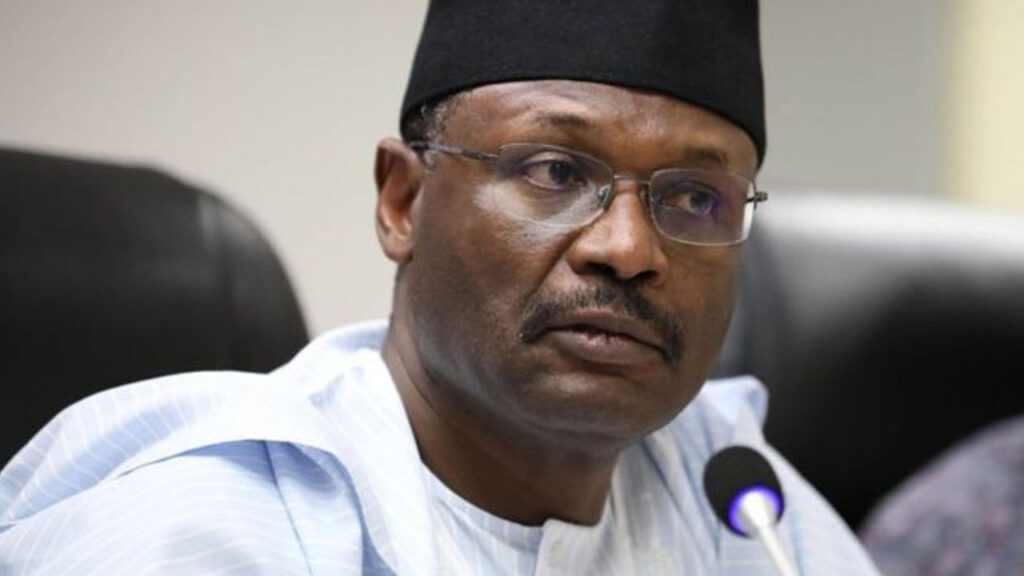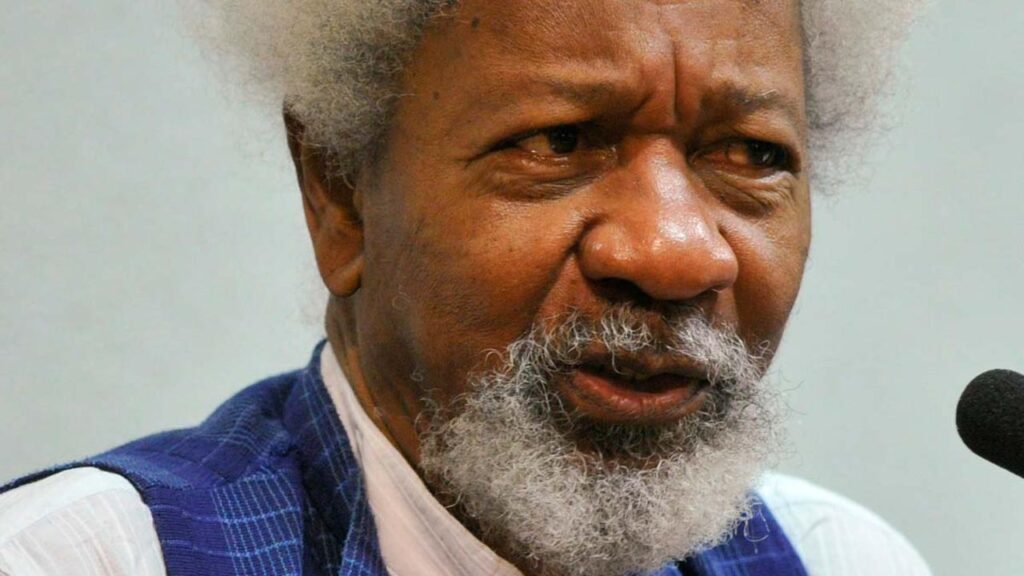
United Nations Joint Action on AIDS (UNAIDS) has said remarkable progress had been made in HIV/AIDS response in Nigeria, with 1.8 million people on treatment.
It noted, however, that to get epidemic control in the country, government and partners must work harder to check new infections among adolescents and reduce mother to child transmission, which still poses challenge, as well as reduction in the treatment gap for children living with HIV/AIDS.
Country Director of UNAIDS in Nigeria, Dr. Leo Zekeng, who made the submissions yesterday at the 2023 Retreat of the UN Joint Team on AIDS in Lagos, observed that AIDS-related mortality and new infections were declining, though not enough as it wished, thus reiterating commitment to support the Federal Government to end AIDS by 2030.
He stressed the need to address issues of stigma and discrimination, as well as scaling up access to HIV treatment and services by the key population and leveraging new technologies.
Zekeng implored government to invest more resources to scale up HIV response and for stakeholders to double efforts at achieving the 2030 goal.
He said: “Getting epidemic control in Nigeria is possible and it is within our reach, but to get to epidemic control, we must reduce new infections, reduce the mother to child transmission, reduce the treatment gaps by the key population. This Joint UN Team on AIDS retreat is taking place in the context of a focus on strengthening public institutions to own, lead, manage and account as the key driver of sustainability of the HIV programme in Nigeria. A new business model has been endorsed by all stakeholders, and would be the basis implementation arrangements.
“The UN system will work together to strengthen the ownership, leadership and accountability. Government alone cannot do alone, it needs to scale up community-led responses and monitoring and ensure that there is a sustainable financing.”
Also speaking, Chief Executive Officer of Lagos State AIDS Control Agency, Dr. Monsurat Adeleke, called for innovative solutions to enhance HIV response in the country.
She noted that the fight against HIV/AIDS in Nigeria required a comprehensive approach that places government ownership, leadership, management and accountability at its very core to ensure that no one is left behind in the pursuit of a resilient and effective HIV programme.
Adeleke disclosed that the state had embraced a multi-sectoral approach, successfully engaging government agencies, civil society organisations, the private sector and communities themselves and through collaborative partnerships.
She said Lagos currently has 150,507 individuals on treatment, a significant increase from the 79,979 tally of 2019, “indicating our commitment to achieving the surge target.”













